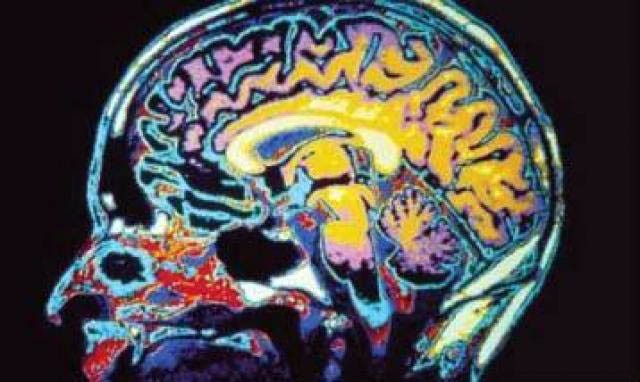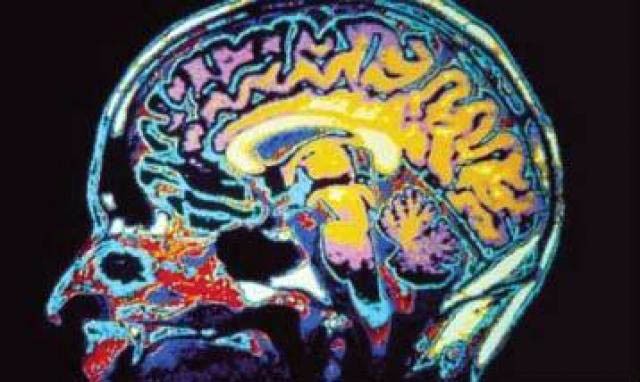Brain injuries occur outside of combat as well as within. Our Soldiers and their families, our children and the elderly, are at risk for traumatic brain injury.
"Many brain injuries are preventable if you use proper protection," said Paul Savage, Internal Medicine Doctor with the Traumatic Brain Injury Program at Madigan Army Medical Center on Fort Lewis, Wash.
Falls, being hit, acceleration/deceleration and motor vehicle accidents may result in traumatic brain injuries.
Falls and being hit often occur in sports, such as boxing, football, skiing, bicycling, snowboarding, skateboarding, motor-cross, basketball or soccer. Falls make children and the elderly susceptible to concussion, or mild TBI, as they strike the ground or furniture. Domestic violence, including child and elder abuse, puts people at risk for brain injury.
Acceleration/deceleration is a common cause of TBI. The brain is moving forward at the same rate of speed as the body and is suddenly forced to stop. Think "whiplash" from mvas, shaken-baby syndrome, the head bouncing when a skate-boarder hits the concrete after missing a 360 on the half-pipe.
Note, too, that most people recover from a single concussion in days to weeks with no lasting effects. Multiple concussions can result in ongoing symptoms and long-term cognitive problems.
Dr. Lars Hungerford, neuropsychologist with the Madigan TBI program, and Dr. Savage suggest using seatbelts, airbags, car seats and helmets.
"[Proper and habitual use of] protective gear not only reduces the likelihood of injury but also reduces the severity," said Savage.
On helmet use, Hungerford recommends buying high-quality protection. "A helmet allows the head to decelerate less quickly, reducing the possibility of sustaining an acceleration/ deceleration injury" he said.
Hungerford also warned that "[a] helmet is a one-use device."
Replace a helmet after an accident or fall. Have a sports-equipment professional check your helmet if you drop it from as low as five to six feet, which can damage the helmet.
Education and safety can decrease brain injury. Children and young adults are especially at risk as their brains are still forming.
Be pro-active. Learn about the law, use car-seat and helmet programs, enjoy parenting and traffic safety classes, engage in respite care, and contact your health care provider for more information.


Social Sharing